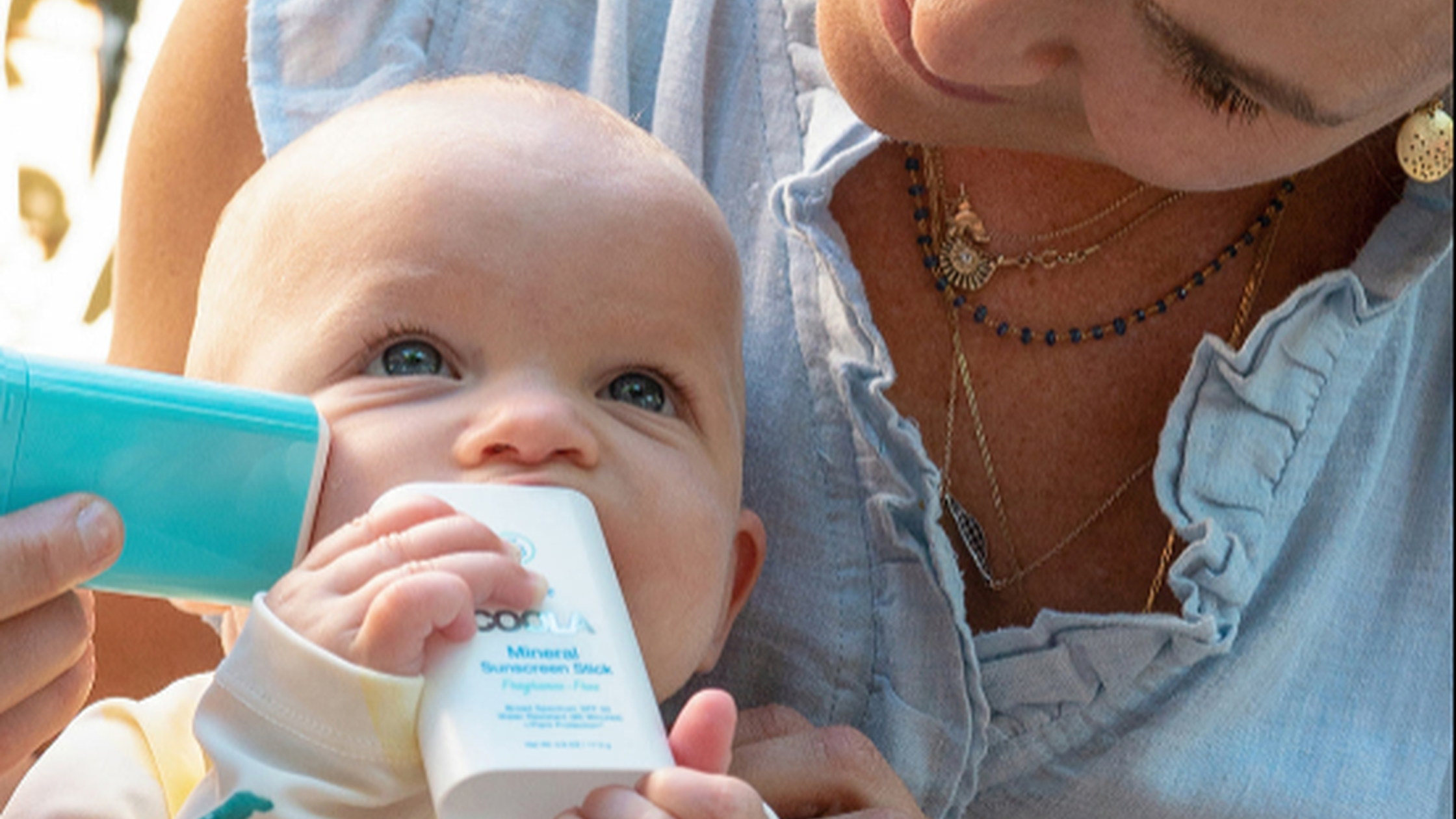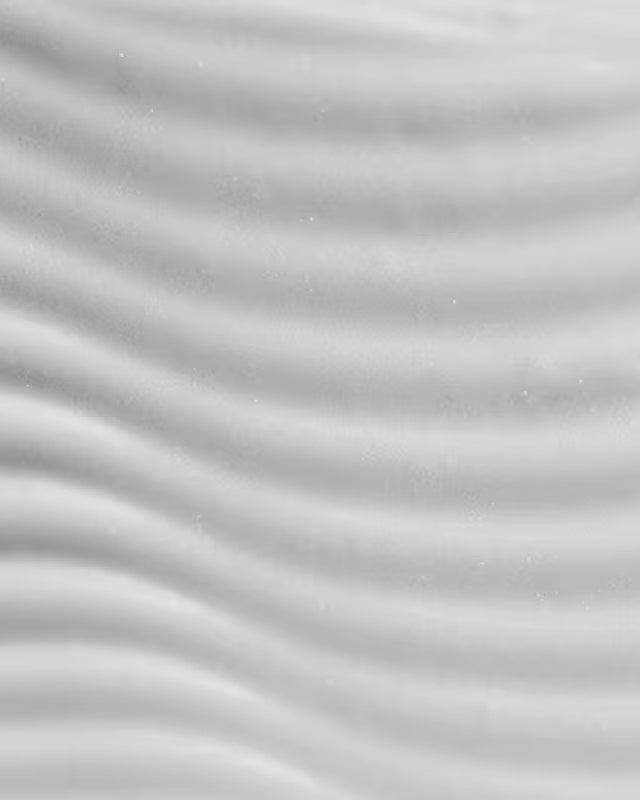
A Parent’s Guide to Sunscreen for Kids
Kids get so much more exposure to the sun than adults, but their skin is far more sensitive. Studies show that many UV-related skin diseases are impacted by unprotected sun exposure in early life1.
Parents, knowing how to protect your kids gives you peace of mind and helps them (and you) enjoy the sun to its fullest. But what’s the best sunscreen for kids, and do you need special sunscreen for kids with sensitive skin?
Discover kids’ sunscreen you can rely on below, and why it’s a critical consideration for summertime fun.
Why Kids Need Special Sunscreen
During infancy, skin is more delicate while it develops its natural defenses2. One of those defenses is melanin, the pigment that helps protect skin against the sun. Babies of all skin tones typically have lower melanin levels throughout the first 20 months of their lives, meaning consistent sun protection is important for the whole family3.
A developing immune system can also leave kids more prone to sun damage. Your immune system has an important part to play in handling solar damage4. Children need extra sun protection until their immune systems are fully developed.
Adult sunscreen can be strongly fragranced or contain irritating chemicals. Sunscreen for kids should be fragrance-free to avoid any sensitivity. It should also have a rating of at least SPF 30 to ensure adequate protection for long days out in the sun.
What to Look for in Sunscreen for Kids
Kids need sunscreen that’s gentle, reliable, and easy to use. Mineral formulas with zinc oxide or titanium dioxide are often a go-to for sensitive skin, since they sit on the surface and provide a strong physical barrier.
For times when speed and ease matter, chemical sunscreen sprays deliver fast, mess-free protection with a clear finish.
Whichever type you choose, the best sunscreens for kids are:
- Broad spectrum (UVA + UVB protection)
- SPF 30+
- Water resistant
- Hypoallergenic and fragrance-free
These features help ensure kids stay protected, whether they’re running around outside or just out for the day.
What is the Best Sunscreen for Kids?
The best sunscreen for kids is a broad-spectrum, SPF 30+ mineral formula that’s water resistant, gentle on sensitive skin, and easy to apply.
- Our Zinc Oxide Sunscreen Lotion protects your kids’ faces and bodies. It’s fragrance-free and SPF 50 with gentle, skin-nourishing ingredients.
- Our Fragrance Free Clear Sunscreen Spray offers an easy application alternative. The non-greasy, SPF 50 spray is easy to reapply and ideal for squirmy kids who just won’t sit still.
- Our Mineral Sunscreen Stick provides a fragrance-free, mess-free protection, ideal for ears, neck, and other sensitive yet difficult-to-reach areas.
Some kids may like a spray format, whereas others will love a lotion. Go with what your kids prefer, as gaining their buy-in means application time will go more smoothly.
How to Apply Sunscreen to Kids (Without Tears or Wiggles)
Fed up with fidgeting kids who refuse to put sunscreen on? Try these tips:
- Apply before going outside to avoid sand or dust getting mixed in with sunscreen.
- Let your kids watch you putting sunscreen on and smile so they know you’re enjoying it.
- Allow them to smell and feel the sunscreen first.
- Give them the option for spray, stick, or lotion so they feel in control.
- Do their face first, that way, if they start squirming later on, you’re not near their eyes or mouth.
- For younger children, try to make a game out of the process.
- Make sure you use enough: about a teaspoon for the face and a shot glass amount for the body./li>
- Reapply every 2 hours, or after swimming/sweating
Pro tip: Keep a travel-size sunscreen in your bag so you’re always prepared for reapplication on the go.
Sunscreen for Kids with Sensitive Skin
Need the best sunscreen for kids with sensitive skin? Prioritize fragrance-free, mineral-based, dermatologist-tested products. Patch testing is useful. Use a small amount of sunscreen on your child’s wrist and look out for any reaction. If the skin is normal within 24 hours, the sunscreen should be safe to use all over.
COOLA has a range of fragrance-free options ideal for sensitive skin, including a fragrance-free sunscreen lotion and SPF 30 mineral body spray.
Kid Sun Safety Beyond Sunscreen
Minimizing sun exposure is easier said than done when your kids want to get out there and play. Try to encourage stopping for breaks in the shade, and always get them to wear a hat. Sunglasses help protect their sensitive eyes, while UPF (ultraviolet protection factor) clothing can be an option for those with very sensitive skin.
Sunscreen is the foundation of sun safety. Starting your kids on a healthy sun-skincare regimen now will support them throughout their lives. Discover more ways to protect you and your family by browsing the COOLA range of feel-good SPF products.
FAQs Sunscreen for Kids
Can I use adult sunscreen on kids?
You can, but it might not be the best choice, particularly if your child has sensitive skin. Kids’ sunscreens should be hypoallergenic and fragrance-free.
Is mineral sunscreen better for kids?
Yes, mineral sunscreen is less likely to irritate and, because it creates a physical barrier, it gets to work immediately.
When should I start using sunscreen on my baby?
The American Academy of Dermatology Association (AAD) states that parents should minimize sunscreen use on babies younger than six months5. Prioritize shade and protective clothing for your infants.
How much sunscreen should I use on my child?
Always use enough sunscreen to fully cover all your child’s exposed skin. Reapply every two hours or more often if playing in water or sweating.
Sources:
- Adèle C Green, Sarah C Wallingford, and Penelope McBride. Prog Biophys Mol Biol; Childhood exposure to ultraviolet radiation and harmful skin effects: Epidemiological evidence. NIH, PMC, September 2011. https://pmc.ncbi.nlm.nih.gov/articles/PMC3409870/
- Georgios N. Stamatas, Pierre-Francois Roux, Elise Boireau-Adamezyk, Imane Lboukili, Thierry Oddos. Experimental Dermatology; Skin maturation from birth to 10 years of age: Structure, function, composition and microbiome. NIH, PMC, June 2023. https://onlinelibrary.wiley.com/doi/full/10.1111/exd.14843?msockid=0e53742bd6c76a40303a6756d7656b62
- Ashley Potter. Parents Wonder; Are Black Babies White When Born? Why Skin Color Changes. 2023. https://parentswonder.net/newborn-skin-color/
- Robin Ashinoff, M.D. HealthU; Get Sunburned Easily? A Dermatologist Explains 5 Reasons Why. July 2022. https://www.hackensackmeridianhealth.org/en/healthu/2022/07/27/get-sunburned-easily-a-dermatologist-explains-5-reasons-why
- American Academy of Dermatology Association. Infant Sun Protection: How Parents Can Keep Their Baby Safe. 2025. https://www.aad.org/public/diseases/skin-cancer/prevent/sun-babies




